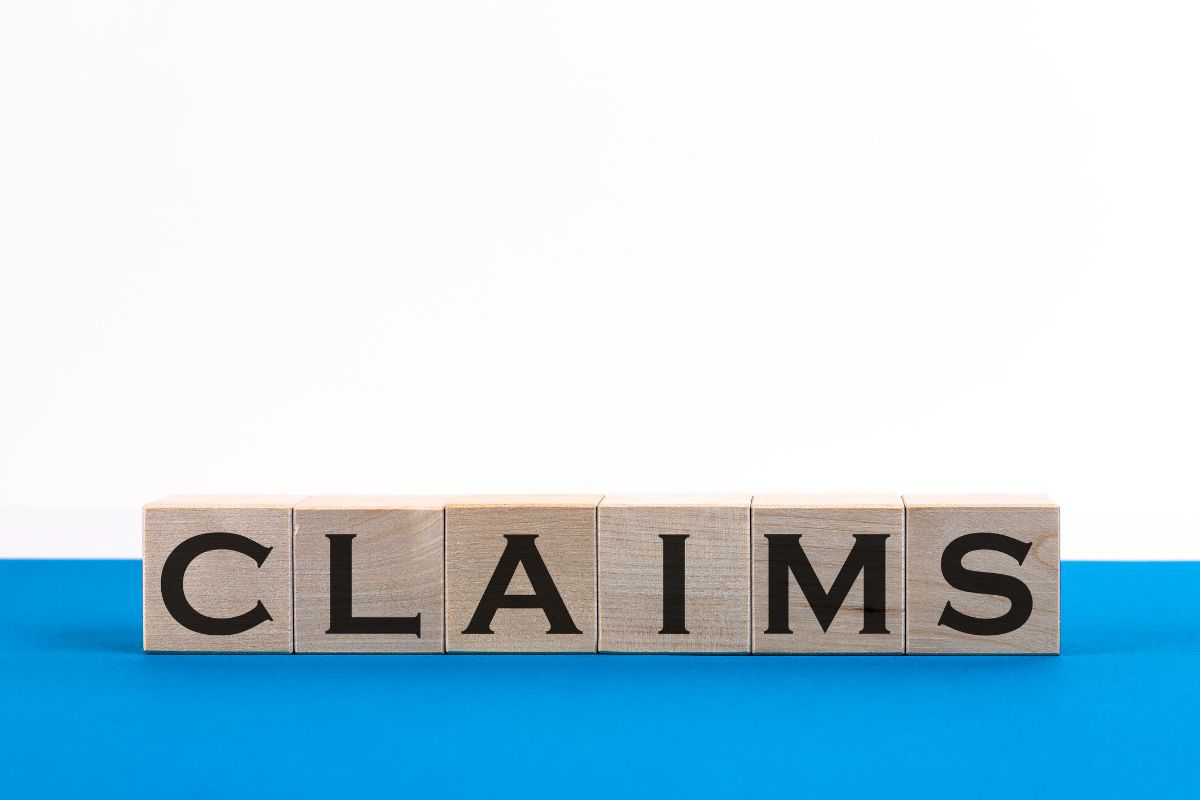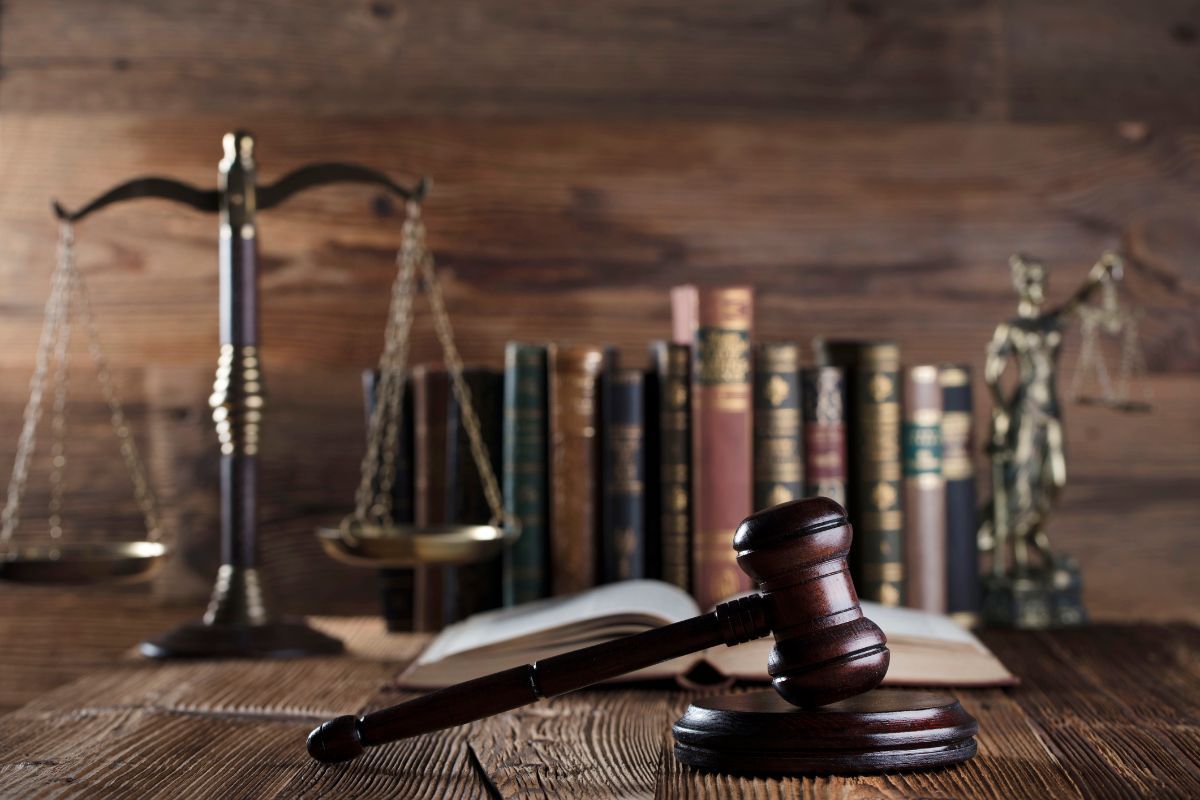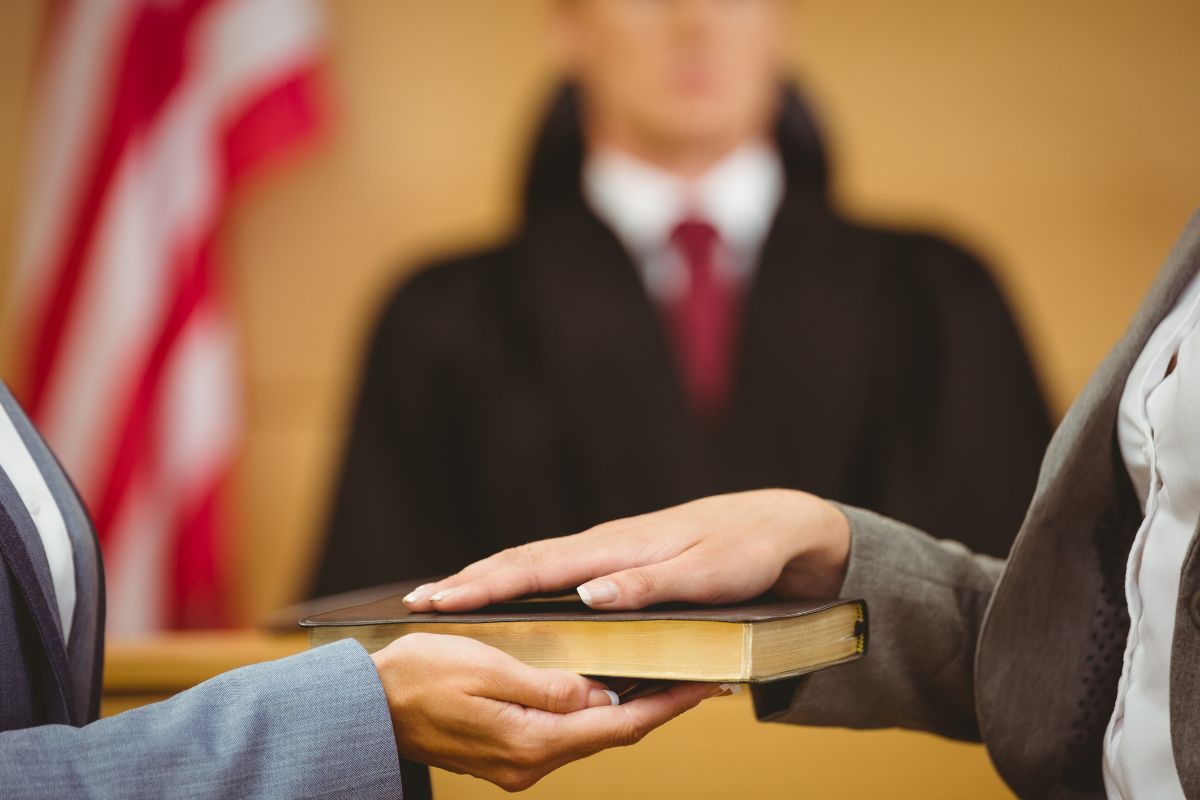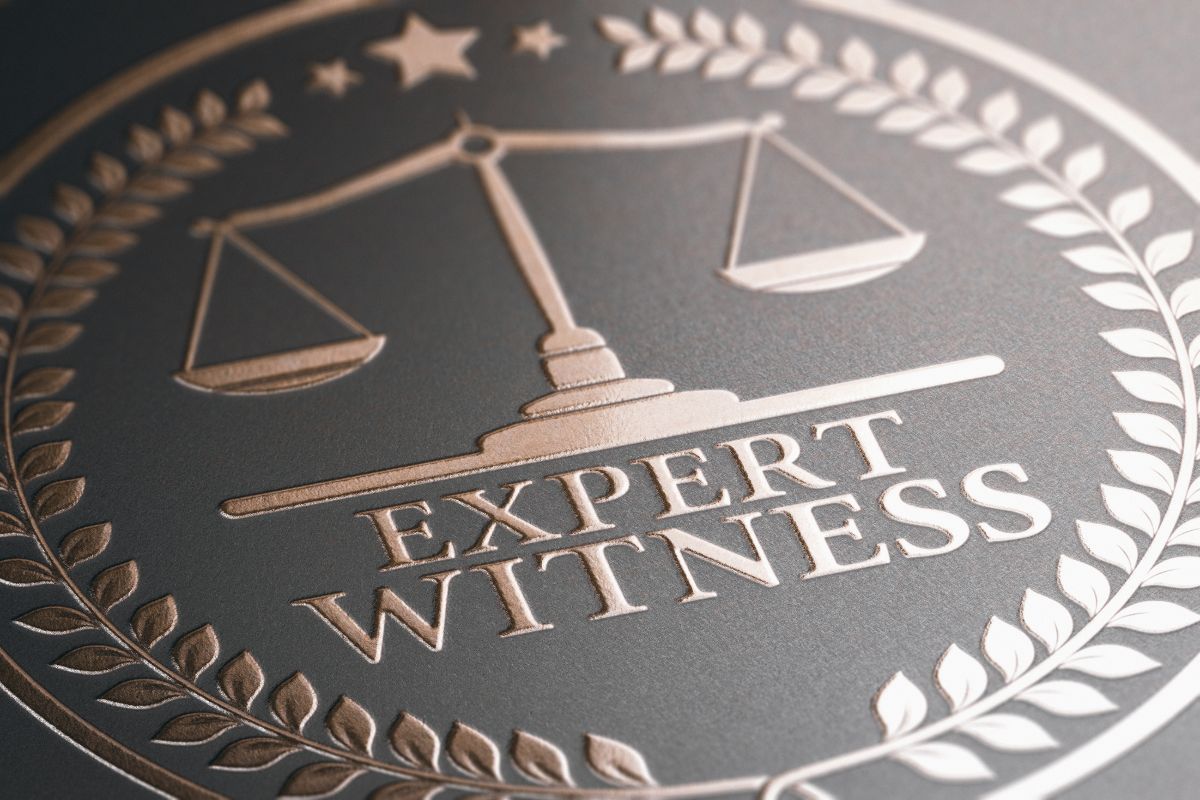Ten Legal Technology Trends For 2021 – Part Two
Here is the second part of our blog on ten technology trends for 2021. Greater thought as to how remote work is performed 2020 saw the implementation of a new workplace model encompassing virtual meetings, mobility, collaboration, and the completion and performance of work remotely away from the office. As a result, law firms must embrace technology to make this new workplace model as seamless and practical as possible. The changes caused by the pandemic are not temporary and have pushed attorneys to create a remote experience for clients that is equal to, if not better than, the traditional office...
Continue reading











